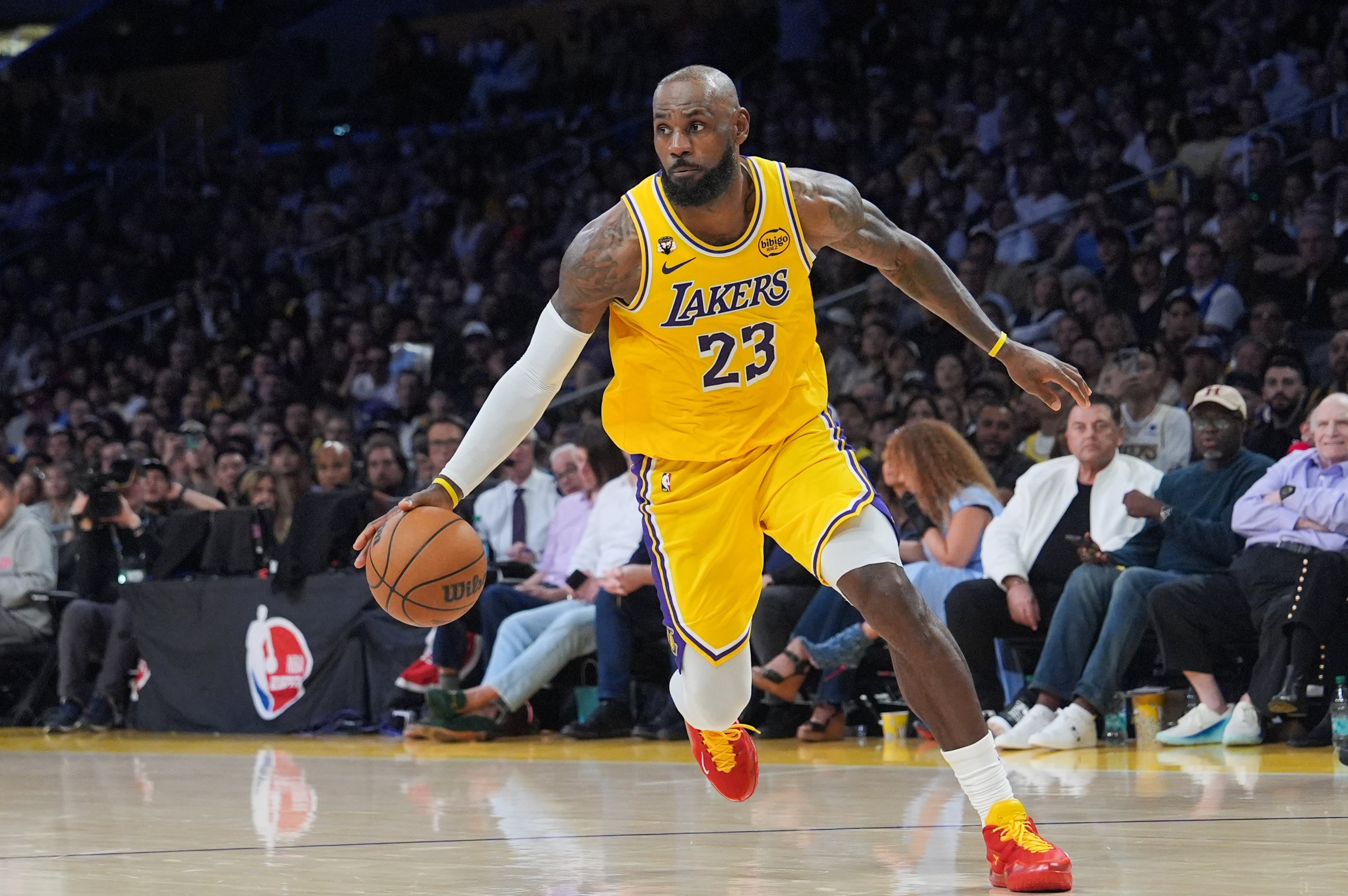Hawks stand pat, and it’s a mistake
There was a time when “core” was a dirty word for Hawks supporters, for good reason. It was demoralizing to see the Hawks keep together the Joe Johnson-Josh Smith-Al Horford triumvirate, only to watch it crash early in the playoffs for six consecutive years.
The current Hawks nucleus, built by a superior front office, is better than that one. The 60 victories and first Eastern Conference finals trip last season offered proof. Certainly this group’s pace-and-space offense, dogged defense and true chemistry are more fun to watch.
From those angles, it’s good that Hawks boss Mike Budenholzer is keeping the gang together. Thursday’s trade deadline passed with the Hawks making one minor deal that nevertheless said something major: The Hawks are lining up to take another shot with this core now and will, more than likely, try it again next season.
I think that’s a mistake. It’s not just that the Hawks aren’t good enough to top the Cavaliers in the Eastern Conference, much less Western juggernauts Golden State and San Antonio. It’s also that the Hawks essentially are committing long term to a core that I don’t believe will ever be good enough to contend.
The Hawks move on with Budenholzer stressing continuity and internal improvement. I get it. Maybe the Hawks recapture their spark from a year ago. But even if they do, will it be good enough to make a serious stab at the championship?
Intangibles undeniably helped fuel the Hawks’ run in 2015. They had synergy. But don’t forget they also had four veteran players turn in career years at the same time: Jeff Teague, DeMarre Carroll, Kyle Korver and Paul Millsap.
Carroll is in Toronto now, and older players rarely duplicate their best seasons. Millsap has managed to do it, but he’s the Hawks’ outlier. Teague has fallen off significantly; Korver has cratered. Horford, the only original “core” player remaining, has slipped a bit. It’s likely all four of them will continue to decline.
The Hawks essentially are pot-committed to offering Horford a maximum five-year deal for about $145 million this summer. Horford has been an excellent player for a long time, but he’ll turn 30 in July and has a spotty injury history. None of that will dissuade rival teams with cap space from putting the Hawks on the spot by offering Horford a max, four-year deal.
If Horford signs elsewhere this summer, it decimates Budenholzer’s grand plan. If the Hawks do re-sign Horford they still have to figure out what to do with Jeff Teague, whose value likely won’t be as high as it is now because his contract expires after next season. Korver’s deal also is up after 2016-17.
Those decisions will come later. For now, Budenholzer tinkered with the edges of his roster by trading two little-used guards (Shelvin Mack and Justin Holiday) for one veteran who could end up playing a significant role (Kirk Hinrich). The move also cleared a bit of cap space for next season and left an open roster spot the Hawks can use to pounce on any wings or big men who shake free by March 1 and thus are playoff-eligible.
It’s hard to evaluate the trades the Hawks didn’t make because it’s not clear what they were offered. The reports by national NBA reporters (always viewed with healthy skepticism) indicated the Hawks were holding out to be wowed by offers. Budenholzer said the Hawks never were close to trading Horford or Teague (some skepticism here, too).
For weeks Budenholzer has said he’s “protective” of his group. He can’t be overprotective, though. It’s never an easy call for NBA executives to break up a good team because it’s so hard to be good in the first place. Yet sometimes it’s a necessary risk for the chance to be great, something the Hawks have never been.
I was in favor of Budenholzer letting go of those 2015 memories and dealing with the reality that the 2016 Hawks aren’t a contender. I don’t think this core (sorry) will be a contender going forward, either. If Horford leaves this summer as a free agent, the Hawks will have only one more shot to find out.
I get why Budenholzer stood pat. I just think keeping together a nucleus of declining-or-leveling veterans with no superstar among them isn’t a good long-term strategy.



